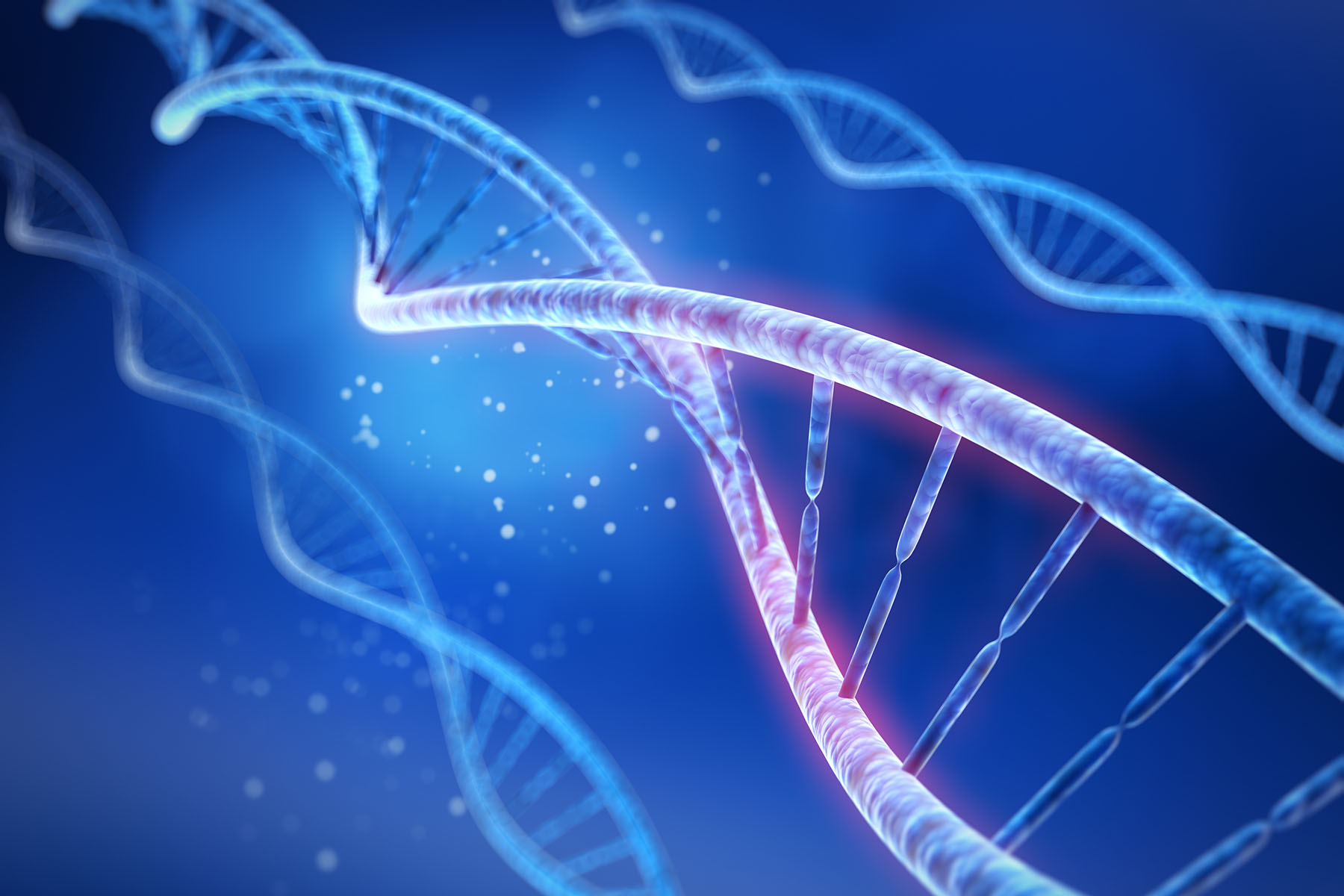What Does a Genetic Counselor Do? A Q&A

Genetic counselors are part of a patient’s healthcare team. Through training in medical genetics and counseling, the goal of a genetic counselor is to provide personalized health information to keep patients and their family members informed about their health.
Genetic experts meet with patients and their families before and after genetic testing. These experts have specialties in prenatal, pediatric, oncology, neurology, ophthalmology, psychiatry, and many other areas.
Genetic counselors help patients understand:
- Genetic risks based on personal or family history
- Genetic risks for certain diseases, such as cancer or cardiac risks
- Genetic risks for reproductive purposes
- Whether or not genetic testing is appropriate for the patient
- What their genetic test results mean for themselves and their families
- How to talk with their families or communities about genetic conditions
They also:
- Offer resources, support groups, and research opportunities
- Act as a resource throughout the patient’s life for questions/concerns regarding a genetic diagnosis
- Provide emotional support and personalized help
Why did you become a genetic counselor?
Most genetic counselors are passionate about helping others understand how complex genetic testing results translate to their personalized health information.
We are usually providers who have a deep sense of empathy for patients and desire for them to understand their genetic information thoroughly to allow for informed decision-making.
We appreciate a strong patient-provider relationship and strive to build patient rapport. Many of us have a love of education, science and patient advocacy.
How could someone get in touch with a genetic counselor? And why would they?
At the University of Miami Health System, we are lucky to have teams of counselors in cancer, prenatal, and pediatric/general genetics that can be seen through internal referrals. If a patient can’t be seen at UM, they can also find a genetic counselor through the National Society of Genetic Counselors’ website.
There are in-person and telehealth options available.
Why would someone want to learn more about genetic testing and counseling?
They may have questions about:
- A genetic test report for themselves or a family member
- The benefits and limitations of genetic testing
- Health conditions they are experiencing or health concerns in their family
- Family planning or couples who are already pregnant
- A health condition affecting a child in the family
What impact can genetic counseling have on someone’s life?
Genetic counselors can significantly impact not only patients’ lives but their entire family. By providing specialized personal health information, genetic counselors aim to empower patients to make health decisions. The information genetic counselors provide is for long-term healthcare management.
For example, cancer genetic counselors have particular expertise in speaking with patients and their families about their cancer risks, genetic testing options, and long-term screening and prevention options available to patients based on their genetic information or their family history alone.
Genetic counselors can also discuss options for couples interested in family planning. This will help people to best understand their testing options before a pregnancy (ex., carrier screening), opportunities to test during pregnancy (ex., non-invasive prenatal screening or amniocentesis), and options to test after birth.
In general, the goal of a genetic counselor is to educate patients on their healthcare options so that they can make informed decisions.
Can a genetic counselor help patients understand their family health history?
Yes, genetic counselors can help patients understand their family health history and what it means for them.
Genetic counselors can review signs, symptoms, and causes of a health condition running in a family, genetic testing options, and treatment and screening options, as well as current research opportunities.
What would you most like people to know about genetic counseling?
Genetic counseling is a conversation between the patient and their genetic counselor about what personalized health options are available given the genetic testing results or family history.
Genetic testing is never something a patient has to do. It is the patient’s right to know as much about their genetic information as they want to know.
Genetic counselors are a resource throughout the patient’s entire life.
Lastly, we receive training on maintaining patient confidentiality regarding genetic testing, and we can inform patients about legislation protecting their genetic information’s privacy.
Questions compiled by Julian Narchet, M.A. and answered by Angelica Marie Kapely, MEd, LCGC, and Carson Smith, MS, GC.
November 10, 2022 recognizes Genetic Counselor Awareness Day, sponsored by the National Society of Genetic Counselors.
Tags: clinical genetics, common disorders, genetic counselors work, genetic disorders, human genetics
